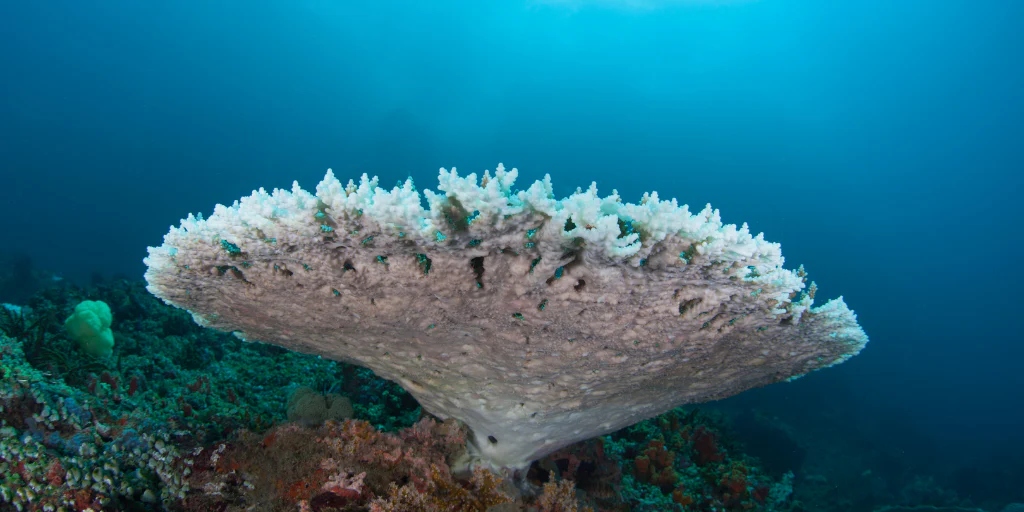Marine conservation projects are essential for protecting our oceans and the diverse ecosystems they support. To be truly effective and impactful over the long term, these projects must embody principles of sustainability. Sustainable marine conservation projects integrate environmental, social, and economic considerations to ensure that conservation efforts are not only successful but also enduring. Let’s explore the key elements that make marine conservation projects sustainable:
1. Stakeholder Engagement:
Sustainable marine conservation projects prioritize stakeholder engagement by involving local communities, governments, scientists, NGOs, and industry stakeholders in decision-making processes. By collaborating with diverse stakeholders, projects can incorporate different perspectives, build partnerships, and garner support for conservation initiatives. Engaged stakeholders are more likely to contribute to and benefit from conservation efforts, fostering a sense of ownership and long-term commitment.
2. Science-Based Approaches:
Effective conservation requires a solid foundation of scientific knowledge. Sustainable projects rely on scientific research and monitoring to understand marine ecosystems, assess the impacts of human activities, and evaluate conservation interventions. By incorporating scientific data and expertise, projects can develop evidence-based strategies that target specific threats and prioritize conservation actions for maximum impact.
3. Adaptive Management:
Marine environments are dynamic and subject to change due to natural processes and human activities. Sustainable conservation projects employ adaptive management approaches that allow for flexibility and responsiveness to changing conditions. This involves regularly evaluating the effectiveness of conservation measures, adjusting strategies based on new information, and learning from both successes and failures. Adaptive management ensures that conservation efforts remain relevant and effective over time.
4. Community Empowerment:
Successful marine conservation projects empower local communities by involving them in decision-making, capacity-building, and economic opportunities related to conservation. Empowered communities are more likely to support and participate in conservation activities, leading to more sustainable outcomes. Projects that prioritize community engagement often incorporate traditional ecological knowledge and local practices, enhancing the relevance and effectiveness of conservation efforts.
5. Sustainable Financing:
Adequate and sustainable financing is essential for the longevity of marine conservation projects. Sustainable projects diversify funding sources, leverage public-private partnerships, and explore innovative financing mechanisms such as ecotourism, conservation fees, and corporate sponsorships. By securing stable funding streams, projects can maintain operations, expand impact, and invest in long-term conservation goals.
6. Policy Advocacy and Collaboration:
Policy frameworks and regulations play a critical role in supporting marine conservation efforts. Sustainable projects engage in policy advocacy and collaboration with governments, policymakers, and international organizations to establish and enforce laws that protect marine ecosystems. By influencing policy decisions, projects can create an enabling environment for conservation actions, promote sustainable resource management, and address systemic threats to marine biodiversity.
7. Education and Awareness:
Sustainable marine conservation projects invest in education and awareness programs to foster environmental stewardship and behavior change. By raising awareness about marine conservation issues and the value of marine ecosystems, projects inspire individuals and communities to adopt sustainable practices, reduce environmental impact, and become advocates for ocean conservation.
8. Long-Term Vision and Commitment:
Perhaps most importantly, sustainable marine conservation projects maintain a long-term vision and commitment to conservation goals. Conservation efforts require patience, persistence, and dedication to achieve meaningful and lasting impact. Sustainable projects prioritize continuity, capacity-building, and succession planning to ensure that conservation efforts endure beyond initial project timelines.
In summary, sustainable marine conservation projects integrate stakeholder engagement, science-based approaches, adaptive management, community empowerment, sustainable financing, policy advocacy, education, and long-term commitment. By embodying these key elements, projects can enhance effectiveness, foster resilience, and contribute to the conservation and sustainable use of marine resources for future generations.
Click here for more info: Certified sustainable products


